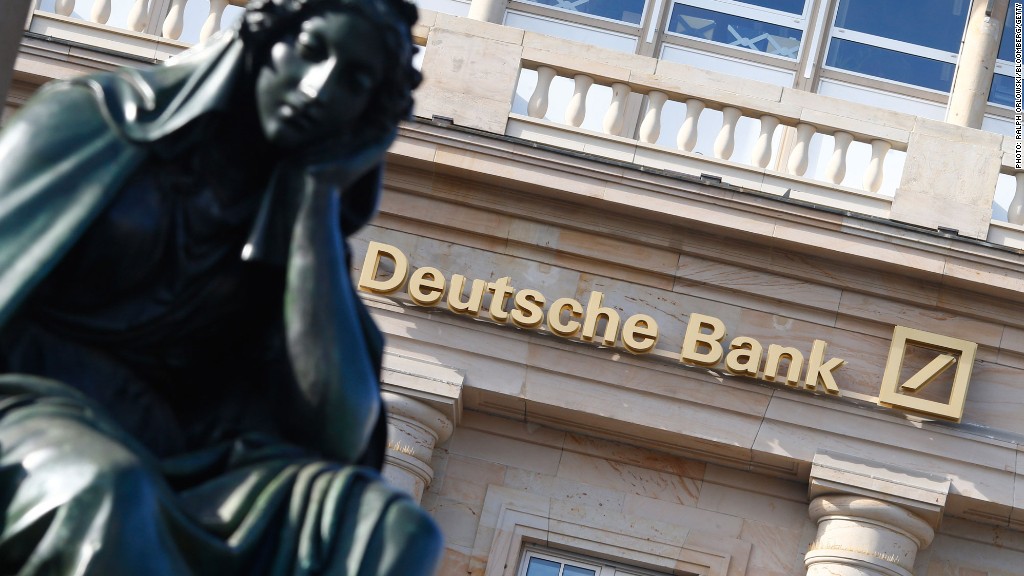The ECB must change course — Deutsche Bank
 Приводим текст доклада немецкого системообразующего банка — Deutsche Bank — с жесткой критикой монетарной политики Европейского центрального банка (ЕЦБ)
Приводим текст доклада немецкого системообразующего банка — Deutsche Bank — с жесткой критикой монетарной политики Европейского центрального банка (ЕЦБ)
Скачать текст доклада - The ECB must change course — Deutsche Bank
Executive summary
Over the past century central banks have become the guardians of our economic and financial security. The Bundesbank and Federal Reserve are respected for achieving monetary stability, often in the face of political opposition. But central bankers can also lose the plot, usually by following the economic dogma of the day. When they do, their mistakes can be catastrophic.
Today the behaviour of the European Central Bank suggests that it too has gone awry. After seven years of ever-looser monetary policy there is increasing evidence that following the current dogma, broad-based quantitative easing and negative interest rates, risks the long-term stability of the eurozone.
Already it is clear that lower and lower interest rates and ever larger purchases are confronting the law of decreasing returns. What is more, the ECB has lost credibility within markets and more worryingly among the public.
But the ECB’s response is to push policy to further extremes. This causes mis-allocations in the real economy that become increasingly hard to reverse without even greater pain. Savers lose, while stock and apartment owners rejoice.
Worse, by appointing itself the eurozone’s “whatever it takes” saviour of last resort, the ECB has allowed politicians to sit on their hands with regard to growth-enhancing reforms and necessary fiscal consolidation.
Thereby ECB policy is threatening the European project as a whole for the sake of short-term financial stability. The longer policy prevents the necessary catharsis, the more it contributes to the growth of populist or extremist politics.
Our models suggest that in its fight against the spectres of deflation and unanchored inflation expectations the ECB’s monetary policy has already become too loose.
Hence, we believe the ECB should start to prepare a reversal of its policy stance. The expected increase in headline inflation to above one per cent in the first quarter of 2017 should provide the opportunity for signalling a change.
A returning to market-based pricing of sovereign risk will incentivise governments to begin growth-friendly reforms and to tackle fiscal stability. Flagging the move should dampen adverse reactions in financial markets.
We believe that normalising rates would be seen as a positive signal by consumers and corporate investors. The longer the ECB persists with unconventional monetary policy, the greater the damage to the European project will be.























